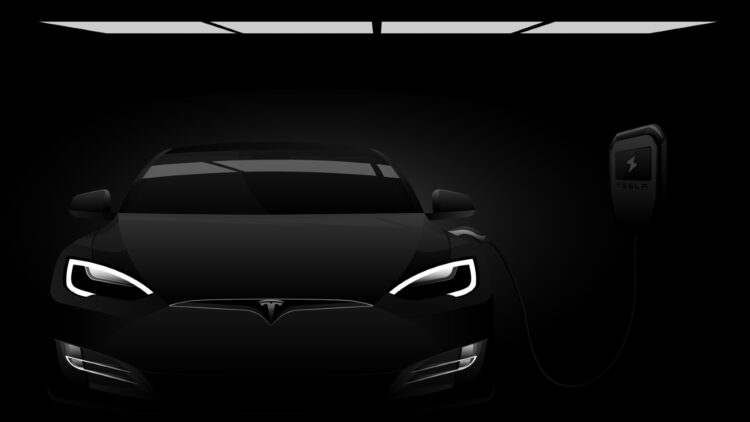There is information that Tesla is going to switch to hydrogen fuel cell technology with the release of Tesla Model H. Still, let me assure you, the hype does not mean that Tesla is going to come out with a hydrogen car anytime soon.
Several researchers have provided some basis for the speculation, but the actuality is that Tesla has not shifted away from electric vehicles (EVs). Tesla’s current position can be understood from Elon Musk’s public utterances and the company’s strategic plan.
Elon Musk’s stance on hydrogen fuel: A history of skepticism
Tesla’s Elon Musk has called hydrogen fuel cells ‘stupid’ for quite some time due to generation, storage, and distribution issues. He has pointed out that EVs are more practical and efficient. One of the primary reasons that Musk has challenged the energy losses of hydrogen fuel cells is from production to refueling.
Still, controversy about the potential of a hydrogen-powered Tesla Model H has not ceased. These rumors might have arisen from the competition that Tesla feels from other manufacturers, especially those from China, also venturing into the hydrogen fuel cell business. However, Tesla has not shifted its focus toward hydrogen; there’s no indication that it plans to do so.
Tesla is very focused on electric cars as it constantly invests in batteries and charging stations. The company’s goal of moving the planet to sustainable energy depends much on the viability of electric vehicles, which, at present, are ahead of hydrogen fuel cells in terms of market adaptability and backing.
The origins of the Tesla Model H rumors
Speculations about the Tesla Model H can be attributed to several reports and articles that have misunderstood or blown out of proportion to Tesla’s strategic planning. For example, based on information from some sources, Tesla may turn to hydrogen technology to level up. Nevertheless, these statements cannot be backed up by any statement from Tesla or Elon Musk.
Tesla’s continuous improvement in battery efficiency and price drop strengthen its position toward electric vehicles over hydrogen. The investment in the 4680 cells, the new battery chemistry, and the growth of the Supercharger network demonstrate the company’s commitment to electric mobility. They are all designed to democratize EVs and make them as usable as traditional cars for the average consumer.
Also, recent actions from Elon Musk, including the construction of new Gigafactories and the establishment of cooperation for battery materials, align with the long-term vision that electric vehicles are key for the firm. Some of the measures the company is undertaking to increase output and decrease costs are well-matched to its strategic vision of seeing electric vehicles as the default type of transport.
Why Tesla is unlikely to adopt hydrogen fuel cells
The following factors explain why Tesla is not likely to consider hydrogen fuel cells in the flow: Firstly, the refueling stations for hydrogen are even less developed than the charging stations for electric vehicles. Establishing the refueling infrastructure within the hydrogen market would take time and capital, which could help develop electric cars for consumers.
Secondly, the production of green hydrogen, which is critical for the sustainable hydrogen fuel cell, is still in its embryonic stage. The process is energy and capital-intensive and less viable than the fast-growing battery industry. Tesla’s improvements to battery technology and related costs only strengthen the company’s focus on electric cars over hydrogen.
Further, the environmental advantages of hydrogen fuel cells are usually overstated. Hydrogen fuel cells are emission-free at the point of utilization, but like all technology, their environmental footprint depends on how the hydrogen is made.
More than 95% of hydrogen is manufactured from natural gas, which releases much carbon. Renewable energy is used to produce green hydrogen, which is cleaner, but at the moment, they are scarce and expensive to manufacture.
Therefore, though it is amusing to imagine driving a hydrogen-fueled car such as the Tesla Model H, it is still just a plausibility. Based on Tesla’s current plan and Elon Musk’s comments, the company will remain an electric vehicle manufacturer.
As the company takes the leading role in the transition to sustainable transportation, the role of hydrogen fuel cells is not among Tesla’s priorities. The speculations about the Tesla Model H make for good stories, but at the onset of the automotive revolution, Tesla is focused on the future of electric vehicles.

